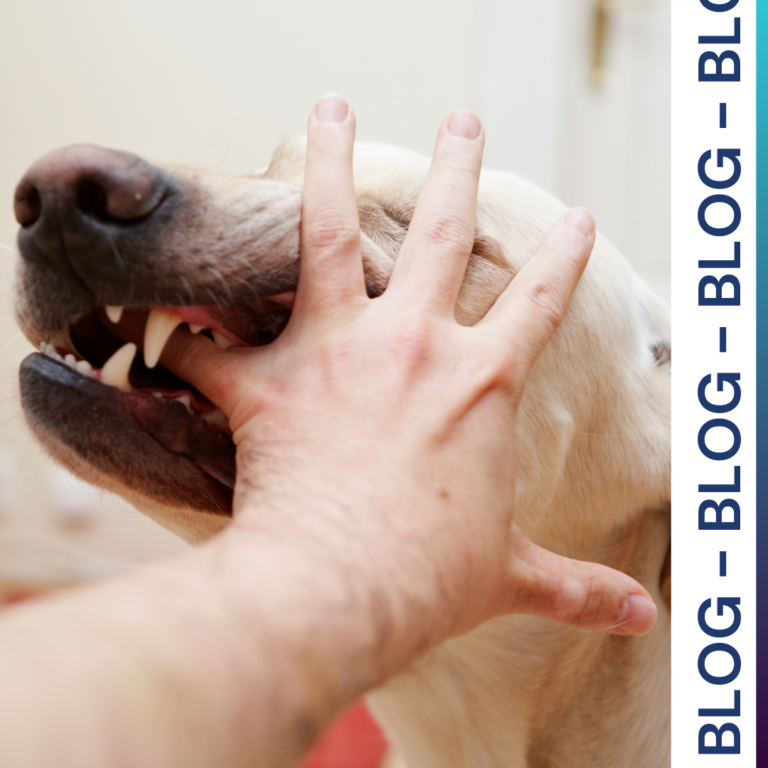Experiencing a dog attack can be a very frightening and traumatic episode, especially for children, who may sometimes feel overwhelmed by the size of the animal. Physical injuries are the first aspect to address to ensure their recovery, but we must not forget the emotional and psychological impact that these situations can cause.
In this note, we will provide some tips so you can accompany your child and provide the necessary support in this challenging process.
Talk and Understand Their Emotions
Assure them that any emotion they experience is valid; fear, anxiety, and confusion are normal reactions in these situations.
Professional Counseling
Despite your good intentions, sometimes parental help is not enough. In those cases, consider seeking professional help specialized in child trauma so that they can teach tools and strategies to help address the emotional impact they are going through.
Open Communication
Your child will need an environment where they feel safe and comfortable sharing their thoughts and feelings. Encourage communication and provide the necessary space for them to express themselves.
Educate About Dogs
It may not be a topic they are excited to learn about, but it is necessary. Explain how to interpret warning signs from dogs to prevent similar situations from happening again and to make them feel safer when interacting with them.
Avoid Blaming
Avoid blaming the dog or the child for what happened. Instead, focus on understanding how the incident occurred and look for preventive measures for your child’s future interactions with animals.
Like any accident, dog bites involve many variables, such as the dog’s mood or if it has felt attacked or bothered. In these cases, your child must understand the importance of giving space to the animal to prevent it from feeling anxious and, thus, prevent possible dangerous reactions.
For this reason, you must help them overcome the fear they may have experienced to develop a healthy relationship with dogs in the future, as, after all, they are known as man’s best friend.


